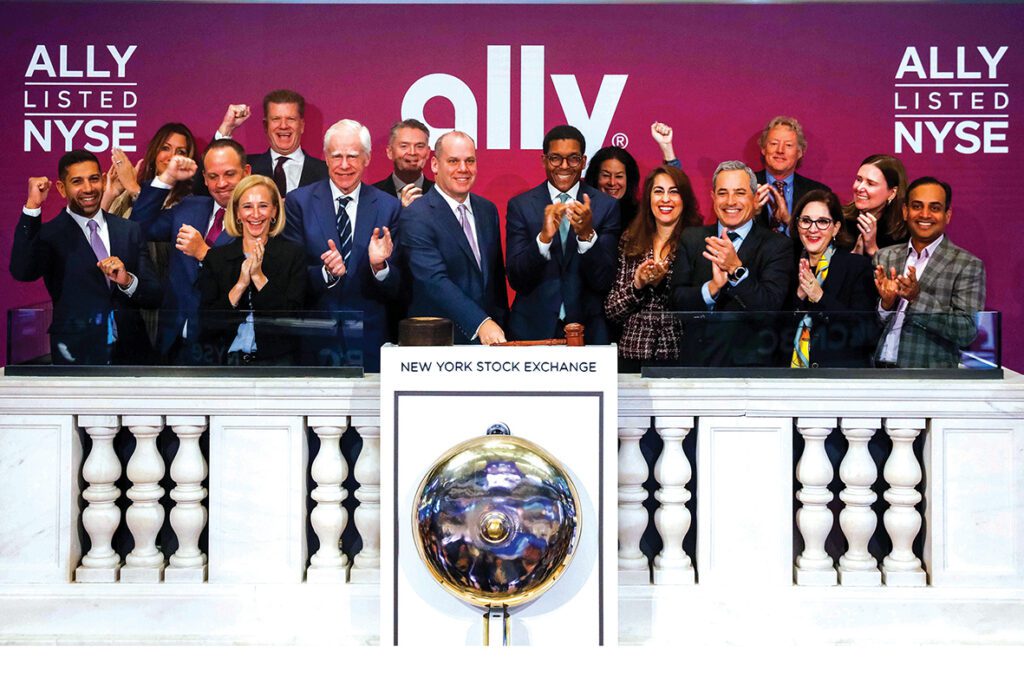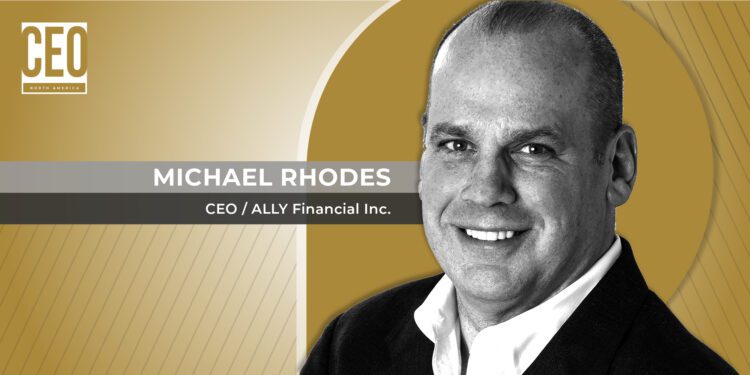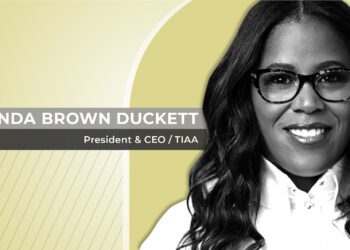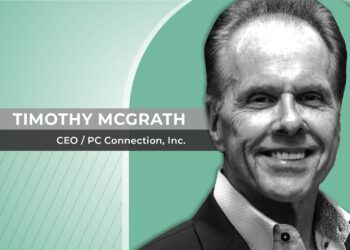

Michael Rhodes
CEO / ALLY Financial Inc.
It’s hard to fathom in an age when money changes hands at a screen tap, but one in six people globally still lack access to basic financial services. For development wonks and government officials, serving the Great Unbanked is a challenge to democratic inclusion. For trendsetters of the world banking industry like Ally Financial Inc, they are an opportunity.
Few finance executives understand the shifting landscape of global money better than Michael Rhodes. For the chief executive of Ally Financial Inc. (NYSE: ALLY), a legacy lender anchored in Detroit, Michigan, the first rule is that the World Wide Web is the limit. CEO Magazine North America sat down with Rhodes to understand his long view. “The history and the legacy of Ally go back more than a hundred years,” he says. Yet Rhodes is quick to note that Ally is not your grandparents’ bank.
Founded in 1919 as General Motors Acceptance Company, or GMAC, an automobile finance provider, the business grew over the next century into Ally – home to the nation’s largest all-digital bank, a leading auto lender and a growing corporate finance provider. Ally Bank has 3M+ deposit customers and $152 billion in total deposits (as of December 31, 2024).
With $192 billion in net assets at 4Q 2024, 11 million clients, and a customer services “desk” that never sleeps, Ally today has become a standout in the finance ecosystem precisely because it has excelled at reading the room and anticipating tendencies in a shapeshifting market. “From the start, Ally has been a story of transformation. It’s been a story of reacting to the times and evolving as the times require,” says Rhodes who took over as CEO last April.
“The mark of Ally has been and will continue to be an unrelenting pursuit of excellence in everything that we do. And what is excellence? It’s not a destination. It’s an attitude. It’s an ambition.”


That is no trifling claim in the field of digital credit, crowded with alpha contenders, ultracompetitive margins, and new generations of tech-literate consumers who expect nothing short of topnotch service on demand at low or no fees.
Late last year, the Harris Poll found that 55% of consumers do their banking online and nearly half (48%) access their accounts via mobile apps daily. For this restless and web savvy cohort, “convenience and accessibility are key drivers of customer satisfaction,” the survey concluded.
For financial institutions, the demographics are clear: Young adults are driving the market. Fully 60% of GEN Z users reported “positive financial impacts” from personally tailored digital banking tools, Harris Poll found. And yet the business model is not so much about courting the newbies as much as it is about capturing the zeitgeist of a money culture in flux. The industry takeaway? No less than 74% of banking customers “across generations” want more personal banking experiences.


Rhodes and his team at Ally have gotten the memo. “One of the reasons I’ve been following Ally for so long is that they were really at the forefront of the change of consumer behavior, especially as it relates to digital engagement,” he says. “Ally has been leading the charge. And that’s one of the main reasons why today we are the largest digital only bank in the US.”
Forbes touted Ally as the best online US bank for savings (4.8 out of 5) for 2025 while Bankrate ranked it as this year’s “best overall bank” in the digital space. Ally Bank reports customer satisfaction hit 90% in 4Q 2024. The bank also ranked among the US’s top 25 financial holding companies. Rhodes credits the brand’s enviable cachet to teamwork and public engagement, with a special hat tip to chief marketing officer Andrea Brimmer.
“Ally is not like other banks. We’re not trying to catch up to or follow anyone. We seek to be Ally.”


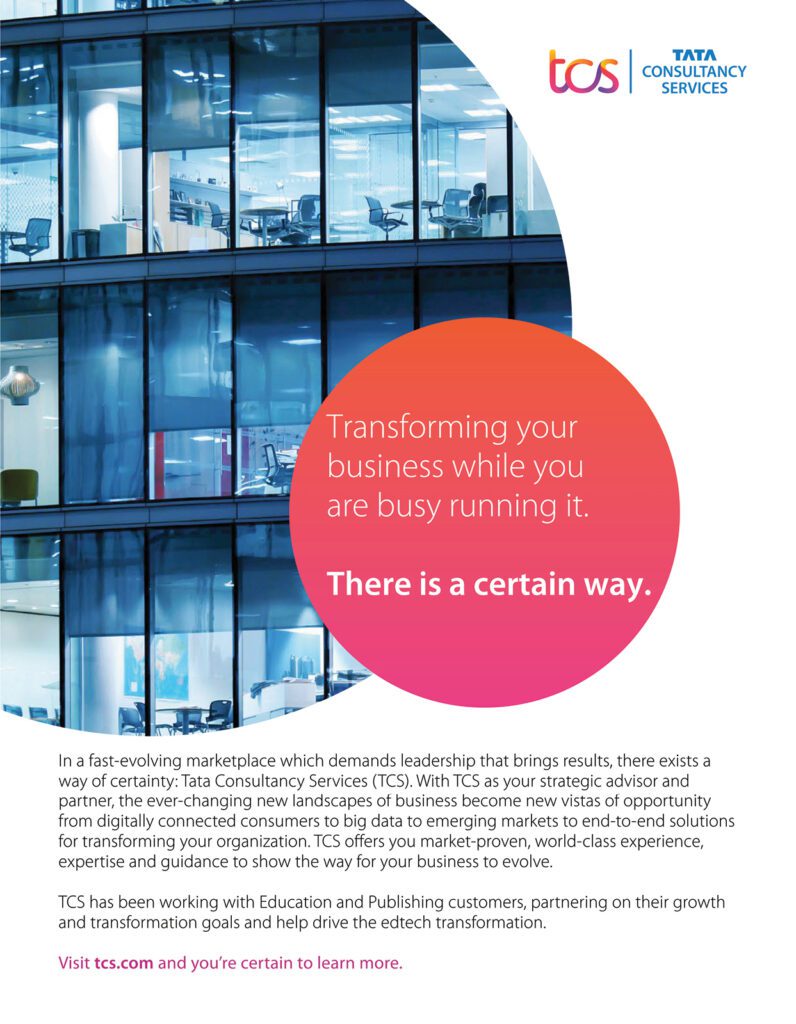

“There are very few banks in the US with a brand that translates on a national basis, and fewer still with the favorability ratings that we have,” he says.
Even for a marquee digital bank, keeping a foothold on the pavement is imperative. Although Ally has no physical branches and does not take cash deposits, its customers can draw on their accounts at about 43,000 ATMs through Allpoint, an interbank network that provides surcharge-free access to customers of affiliated financial institutions.
And Ally is not just about savings and loans. It operates a modest corporate finance business, “but with lots of upside,” Rhodes says. And true to its Motor City origins, the company has doubled down on the automobile business. At the close of 2024, the group’s auto division, Ally Dealer Financial Services, boasted a client list with 3.8 million consumer auto customers, 2.45 million insurance customers, and 21K dealers. “In fact, we’re the largest bank auto lender in the country,” Rhodes says, explaining that Ally’s auto finance business originated around 5% ($39.2 billion) of total new US auto loans ($700 billion) last year. “We work through a dealer community and also provide insurance products and technology solutions.”
Ally’s suite of businesses is also being reshaped by what Rhodes describes as a series of strategic pivots. These include an agreement to spin off the credit card operation and a pause in new mortgages. The company is also recalibrating its accounting operations and corporate allocations. Rhodes is confident that these strategic shifts “will drive more efficiency on an ongoing basis” and “set us up for success in 2025 and beyond.”
To get there, Ally’s chief executive emphasizes the commitment to “strategic clarity.” As Rhodes told it to CEO NA: “The word I’m using is focus. We’re delivering focus and just a relentless discipline around executing in the businesses where we have compelling returns and a path where we can succeed.”
“The most powerful thing you can do is create alignment on your management team. Because when we’re all relentlessly focused on the same high-level objectives, great things can happen.”
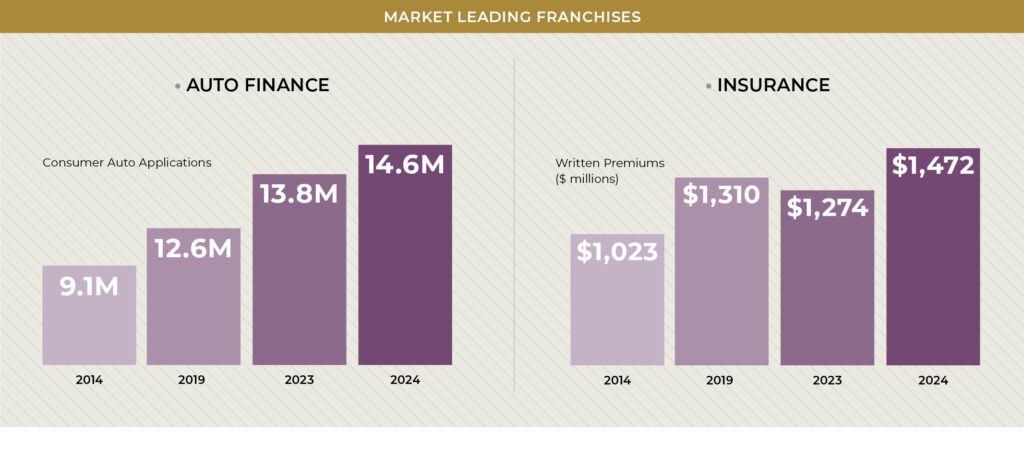

“When the opportunities arise you have to pounce upon them, and make sure the team has carte blanche to do that.”
None of that will happen, of course, without deploying cutting-edge technology and the right people to run them. Like all its peers, Ally is betting big on artificial intelligence, but with a caveat. “The thing is, your AI solutions are only as good as your data,” Rhodes says. To that end Ally is bulking up data infrastructure, including investing in cloud capacity and swapping out the company’s more cumbersome “legacy data” architecture for a unified system of record. “We call this Nucleus, a single system for all our data, all interactions, transactions, and accounts regardless of the business unit,” he explains.
The logic behind Nucleus is to provide “a kind of one-view picture of the customer,” allowing the company to better “curate and engineer” the data. “With the data well sorted, then you can create value through AI,” Rhodes adds.
The other pillar of success is the company’s ability to marshal talent. “Yes, we are looking at our expenses, but our team also knows that when we have opportunities to track real talent, to go and build out the industry and find vertical solutions, we don’t need to worry about the budget,” he says. “We’re going to hire the people who enable our growth. I have a leadership team in place which I’m very proud to be a part of. They’re as good as they get.”
For Rhodes, who joined Ally less than a year ago, nurturing teamwork and a shared vision for the company is existential. As Rhodes tells it: “You know, people ask, ‘Michael, what’s your legacy?’ And I always reframe the question: It’s not my legacy, it’s our legacy. Our path forward is a shared journey.”
